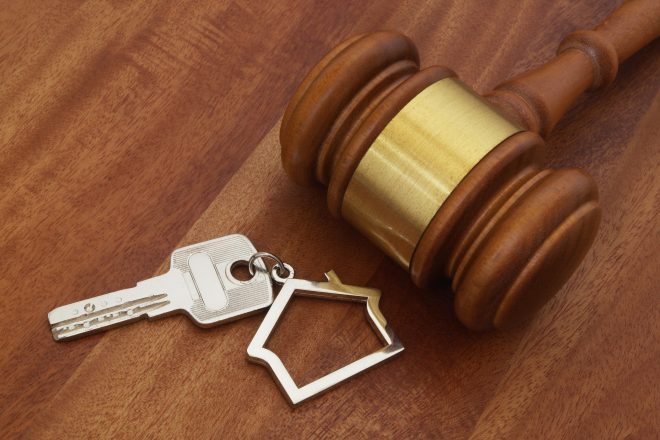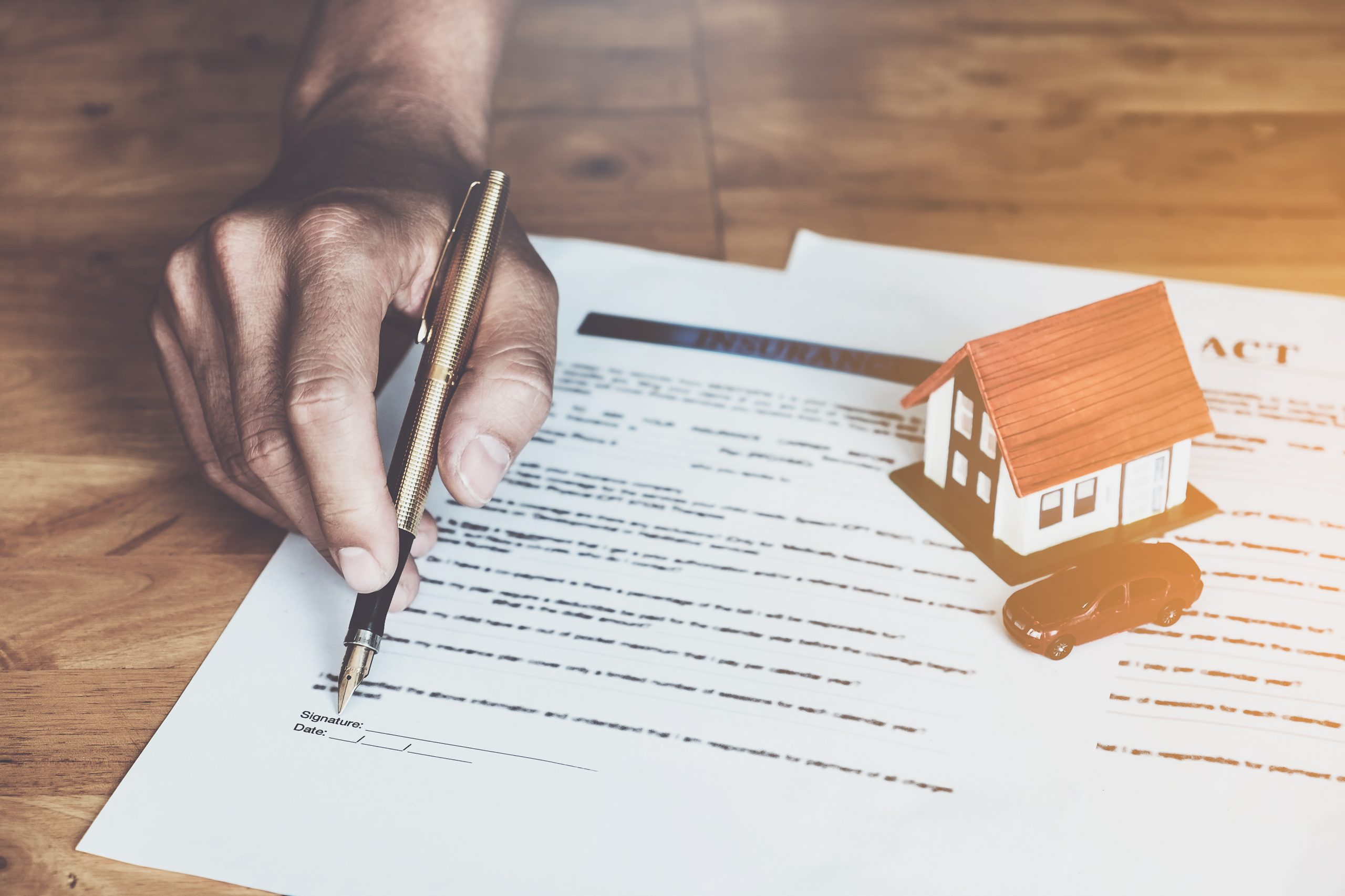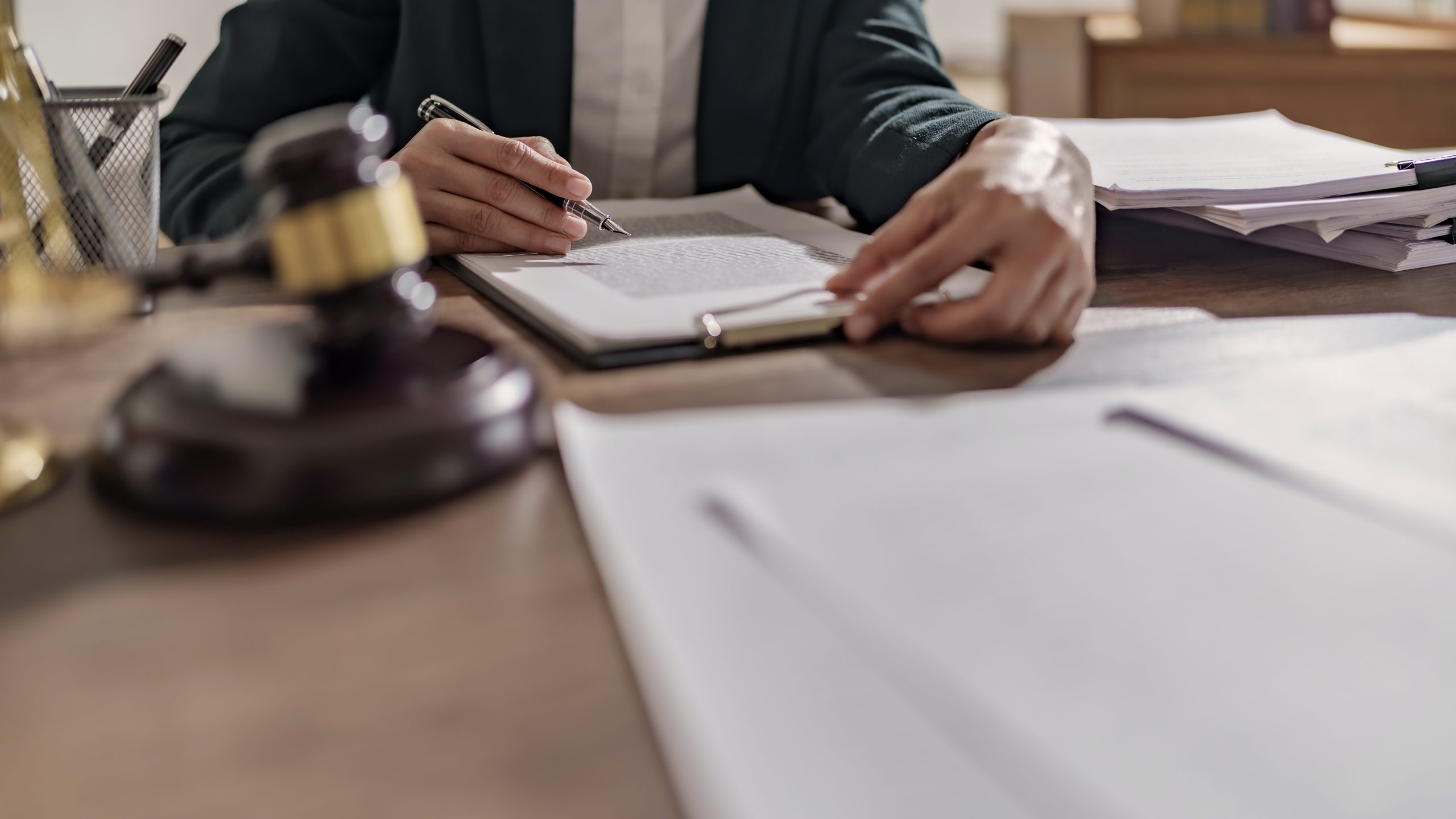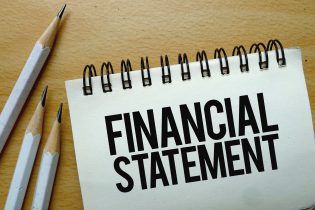The Due Diligence Process: What Your Real Estate Attorney Does During the Homebuying Process in NYC

What is the due diligence process? As most agents, brokers, and real estate insiders will tell you, it’s virtually impossible to buy a property in New York City without a real estate attorney. Trying to handle any legal matters on your own isn’t just unconventional — it’s risky. You could miss something vital within a contract, or simply miss out on having a strong advocate with your best interest in mind to advise and negotiate for you.
On top of that, the New York City market is complicated. There are municipal zoning laws, condo and co-op boards, and many properties that come with long histories behind their title. Having a real estate attorney on your side is pretty much essential to buying a home in NYC.
Luckily, by learning about a real estate attorney’s role in a sale, and what to expect during the due diligence process, you’ll be better equipped to find and hire the best attorney for you. So let’s dive into what real estate attorneys do, what their due diligence involves, and what to expect from your real estate lawyer in NYC.
Table of Contents
What is the due diligence period in NYC?

The length of time between having your offer accepted and going into contract on a home is typically referred to as the due diligence period in real estate (learn more about the entire home loan process here). This is when you need a real estate attorney on board to step in and run through due diligence to make sure the sale is a sound investment in your favor. It’s like taking a fine tooth comb to all the details to save you the time and energy that you risk spending on massive hairballs later on.
Most NYC homes are condos or co-op properties, and they both come with a similar due diligence process. Generally, during the due diligence process in NYC, your real estate attorney goes over the property’s financial documents, the condo or co-op board’s minutes and policies, your original offering plan, and any violations or liens against the property, if any exist.
If you have questions about the due diligence process in NYC, contact a NewDevRev agent for more information at (212) 301-1140.
What is a real estate attorney?
A real estate attorney is a lawyer with a specific license to handle “real property” transactions, which refer to homes, land, or any permanent structure. Instead of going through the court system, real property transactions can be handled by a real estate attorney who uses their legal expertise to ensure the sale and transfer of ownership are done in a legally viable way.
What does a real estate attorney do?

A real estate attorney is someone who is responsible for handling the transfer of property ownership and the funds associated with the sale. Their duties are wide-ranging, but here are a few things that usually fall under their purview:
Preparing, reviewing, and negotiating documents
Your lawyer prepares and reviews all the legal documents related to the purchase of your home. Many of these documents are required at closing, so your attorney will get them ready beforehand and then go over them with you at closing. Their legal expertise helps ensure that all details, charges, and contingencies are fair and correct and that both the sale and the transfer of ownership are legally salient. Attorneys can also negotiate or dispute issues within legal documents if they need to.
Handling closing
Closing on a home comes with a lot of paperwork — and it’s up to a real estate attorney to ensure everything is signed, dated, and completed as required. Closing also comes with the transfer of funds for the down payment and closing costs, which real estate attorneys often facilitate.
Negotiation
If any issues arise at any point in the transaction, whether it’s a deadline or line item that requires discussion with the seller, or a loan term that needs clarification, your real estate attorney is there for you to help take care of it and make sure that nothing holds up the sale.
Title searches or title insurance
Before buying any property, it’s important to do a title search — in other words, a look back at the history of the deed — to see if there are any outstanding claims or liens against the property. This task is often handled by your real estate attorney, even when a third-party company handles the search itself.
A title search ensures that there are no outstanding debts that are tied to this property and that the transfer of ownership is clean and free of complications. If any issues come up, your attorney will follow up and advise you on what to do next.
What your real estate attorney does during the due diligence process in NYC

1. Financial documents
First, your attorney will look over all the financial documents of the building. This is to make sure the building’s board hasn’t been operating at a deficit, and that there is an adequate amount of money set aside for projects that increase the building’s value, such as renovations.
Your attorney will also look for any line items that may spell trouble. Maybe the legal budget is higher than usual because they’re in a lawsuit, for example. It’s essential to understand the remaining financial obligations of the building before purchasing a home within it because it could affect your sale or future.
2. Board minutes
Some co-op or condo boards keep detailed minutes at their meetings, and they can offer a lot of important information you would want to know before buying. Maybe there was a flood in the unit above or below or next door to yours — could it cause a mold issue? Maybe there have been noise complaints, odor complaints, or neighbor complaints that come up in the board minutes that you weren’t aware of. Minutes can also detail the fees owners pay and whether they’ve recently changed, or are expected to change soon. Your real estate attorney will always go over a board’s minutes, but the amount of detail within them will define how much you can learn.
3. Policies and rules
Many NYC properties come with rules or policies that affect not only the sale of your house but your future in it. For example, a pet policy may keep you from adopting that cat you always hoped for. Or maybe the renovation you’re planning exceeds the building’s limits on electrical loads. There may also be rules around what you renovate and when — properties often have blackout dates or blackout months in which no renovations can happen.
Something else your real estate attorney will uncover is whether the property has set rules around how much a home purchase can be financed. Perhaps they set a limit at 75% financing, but you’re getting a loan for 80% of the price. These are things that should come up in the due diligence process to save you from headaches later in the buying process.
4. Your offering plan
If the property is new construction, it’s important to look at the offering plan to see how it affects your rights as an owner. The offering plan is a document that details the unit price, the buying process and timeline, any building bylaws, a floor plan of the unit, board details, and more. A real estate attorney will go over it with your needs in mind, and point out areas that are worth negotiating. Then, they’ll have that conversation with the seller’s lawyer on your behalf.
5. Any violations or liens
This one is pretty self-explanatory: if the property you’re purchasing (or the building it’s in) has any violations reported, you’ll want to know about them before you buy. You’ll also want to know about any liens against the property — those are debts still owed that could affect your transfer of ownership, or at the very least, signal a red flag about the sale and potential challenges.
How to find the right NYC real estate attorney for your due diligence process

With countless options available, it’s important to consider what you need most when it comes to your real estate needs. First, seek recommendations from people you trust — an experienced agent or broker will always have a list of preferred attorneys to offer their clients. Firsthand referrals always provide valuable insights.
Make sure you look at online reviews, too. Legal directories can help guide your search toward attorneys who specialize in what you’re looking for, and then reviews can help you narrow it down. For example, you might be looking for an attorney who specializes in new developments. When you find a few, seek out the ones with positive feedback and extensive knowledge of the NYC market.
Schedule consultations with attorneys you’re considering. In your conversation, you can ask questions and gauge their communication skills and responsiveness. For most buyers, especially first-timers, it’s important to work with a real estate attorney who’s capable of explaining complex legal concepts in a clear and respectful way.
Last but certainly not least, consider how your real estate attorney will bill you. Is it an hourly rate? A flat fee? Are there additional costs you could incur later? Find out in advance so you know what to expect.
Whether you’re buying a home or looking for a real estate attorney, doing due diligence will help you get as much information as you can upfront so you can avoid surprises later.
NewDevRev agents can help you find the best real estate attorney for your sale.
- Categories:




